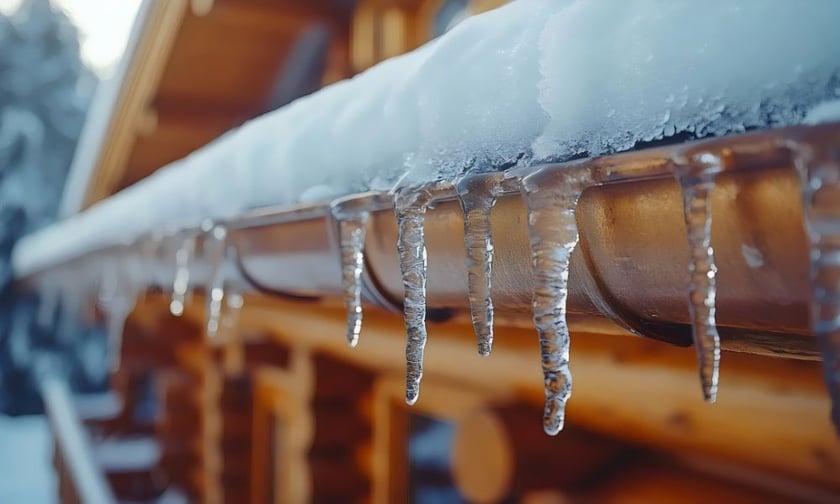

As winter transitions to spring, melting snow and ice can lead to water damage in homes and vehicles. Homeowners and drivers should know how their insurance coverage applies to potential risks associated with the thaw.
According to the Insurance Bureau of Canada (IBC), standard homeowners’ insurance policies typically cover sudden and accidental water damage caused by ice dams. However, ongoing repeated damage is considered a maintenance issue and may not be covered.
Water damage from sewer backup is generally not included in a basic policy unless optional sewer backup coverage has been purchased. Similarly, overland flood damage, which is caused by overflowing rivers, heavy rainfall or melting snow, is only covered if specific overland flood protection has been added to the policy. In high-risk flood zones, coverage may be limited or unavailable.
Meanwhile, water damage caused by plumbing, heating, or air conditioning system leaks is usually covered by a standard home insurance policy. Damage from frozen and thawing pipes in heated areas of a home is also typically covered.
However, if the homeowner is away during the winter months, insurers may require regular property checks and sufficient heat maintenance. Insureds must confirm these conditions with an insurance representative to ensure compliance with policy requirements.
For vehicle owners, flood damage is generally covered under comprehensive or all-perils auto insurance. This coverage is optional, so policyholders should review their policy to confirm whether they are protected against water-related damage.
Preparation is essential to mitigate risks that come with the winter thaw, IBC said. The bureau listed several tips to help prepare for the thaw, including keeping the basement floor drains clear, clearing the snow and ice from the walkways and driveways, clearing street storm drains of leaves, debris and ice, and inspecting your foundations for cracks, among others.
Understanding insurance coverage can help homeowners and drivers make informed decisions during the thaw. For specific policy details or to inquire about additional coverage options, policyholders should contact their insurance representative, the bureau said.
